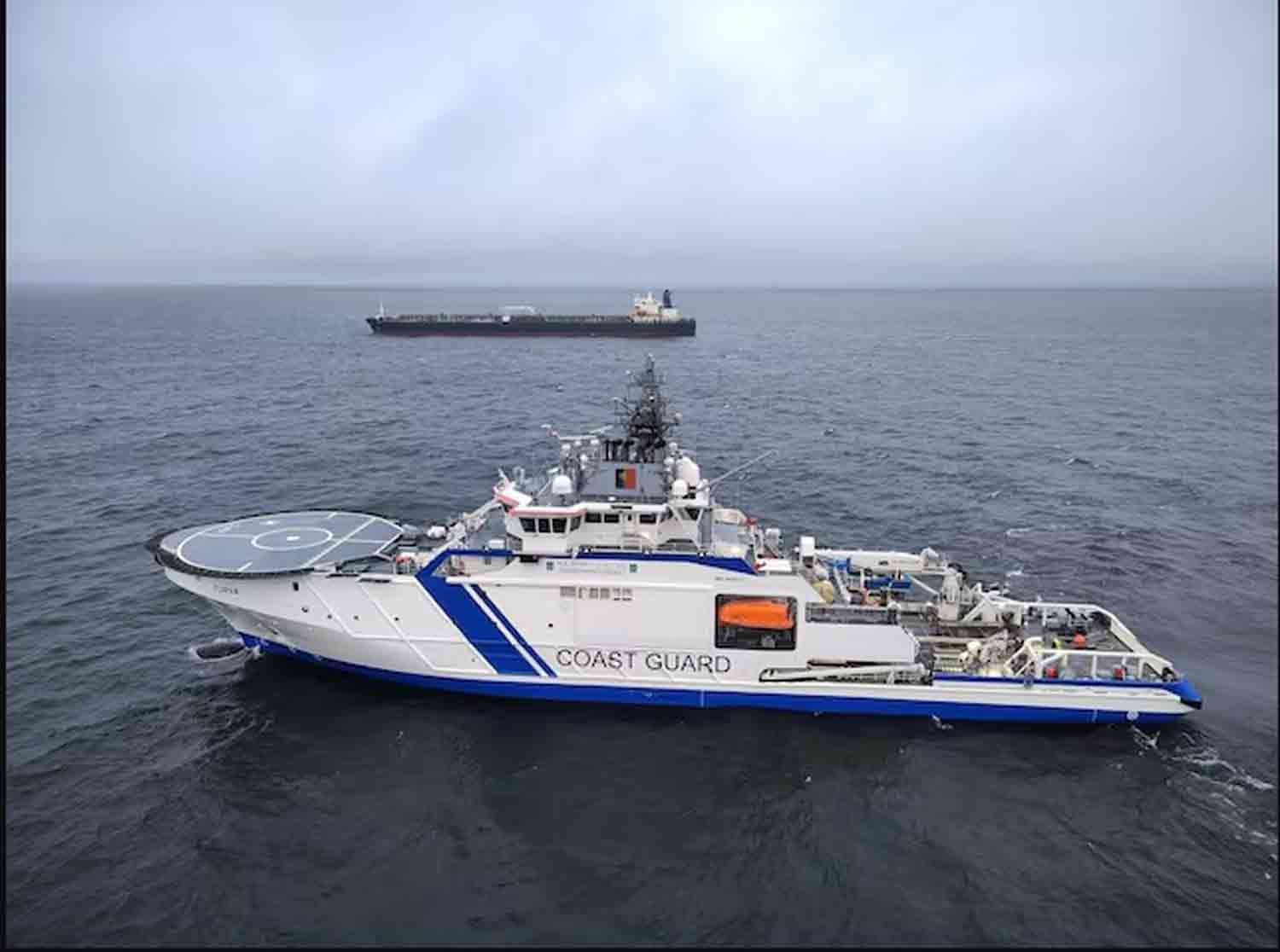Centuries-old international maritime law requires modernization to prohibit damage to undersea infrastructure, including cables and pipelines, according to the Estonian justice minister in a statement to Reuters following recent damage to cables linking Estonia and Finland.
On Thursday, Finnish authorities detained a vessel suspected of carrying Russian oil in the Baltic Sea, believed to have caused the disruption of an undersea power cable between Finland and Estonia the previous day, as well as damaging four internet lines.
In response, the Estonian navy took measures on Friday to safeguard a parallel power line. The Estonian government plans to petition the International Maritime Organization by February to revise maritime law, which it argues currently lacks provisions addressing underwater damage.
Justice Minister Liisa Pakosta emphasized the need for the international maritime community to update or reform maritime law. She noted that clarifying regulations regarding how nations should respond to underwater damage would help “minimize” the risk of disputes escalating to international courts.
Pakosta pointed out that existing maritime law, some of which dates back centuries, specifically addresses issues like piracy and unauthorized broadcasting, which pertain to above-water matters. However, she highlighted that actions such as dragging an anchor to intentionally damage undersea infrastructure are not adequately addressed in current legislation.
The current United Nations maritime convention allows countries affected by piracy to confiscate ships or aircraft and detain individuals involved, with the authority to determine penalties resting with their national courts.
Estonian authorities previously indicated that China would not comply with their request to investigate the Hong Kong-flagged vessel Newnew Polar Bear, which both Estonia and Finland suspect of having caused damage to a natural gas pipeline and telecommunications cables connecting the two nations in October 2023.
Additionally, Sweden reported that Chinese authorities denied Swedish officials permission to board the Chinese-flagged vessel Yi Peng 3, which is under suspicion for damaging two undersea cables in the Baltic Sea. China has stated that it has submitted all necessary documentation for the investigation.
Discover more from Defence Talks | Defense News Hub, Military Updates, Security Insights
Subscribe to get the latest posts sent to your email.





